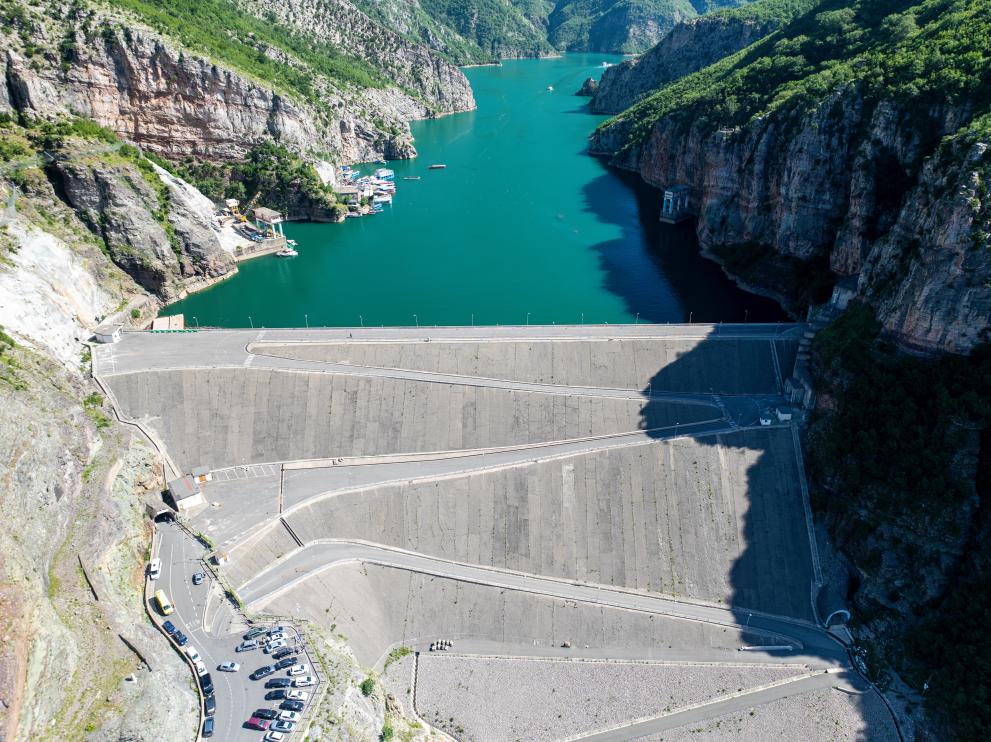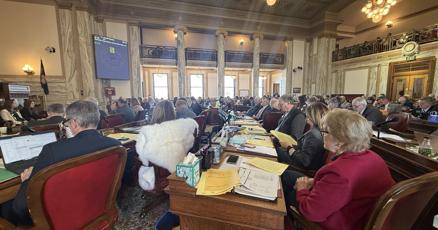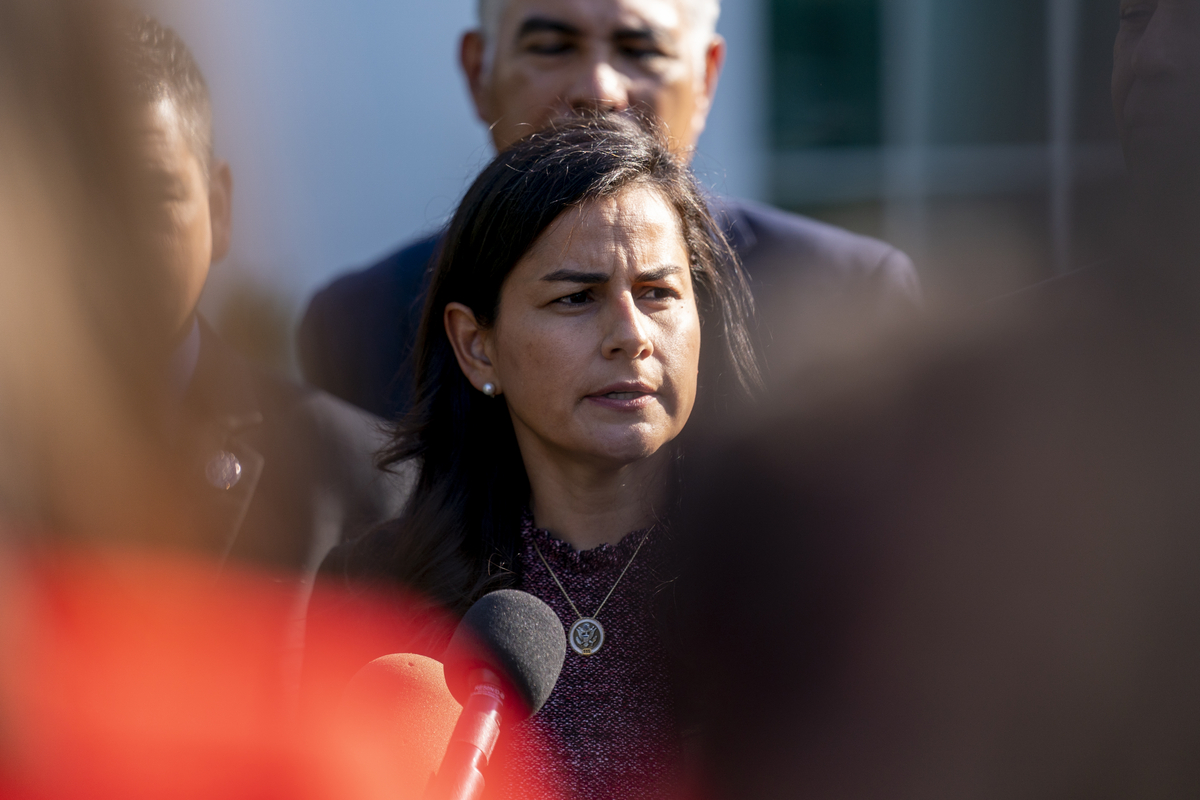
Profit Squeeze: Coca-Cola HBC Braces for Tough Economic Headwinds
Coca-Cola HBC, a leading bottler in the beverage industry, has unveiled an optimistic yet cautious forecast for 2025, projecting an organic operating profit growth between 7% and 11%. This projection comes with a notable caveat: the anticipated growth rate is more measured compared to previous years, reflecting the complex economic landscape that currently challenges business expansion. The company's outlook signals a strategic approach to navigating uncertain market conditions. While the forecast suggests continued financial resilience, it also acknowledges the potential headwinds from the current macroeconomic environment. Investors and industry analysts will be closely monitoring how Coca-Cola HBC adapts its strategies to maintain momentum in a potentially challenging business climate. The bottler's measured growth expectations underscore the importance of flexibility and prudent financial management in today's dynamic global market. By providing a realistic range for potential profit growth, Coca-Cola HBC demonstrates transparency and a pragmatic approach to future business performance.









